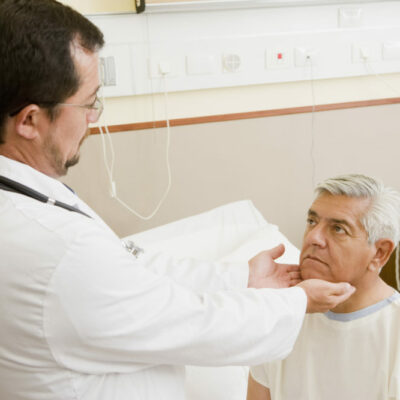
Health
Coping with Chronic Obstructive Pulmonary Disease (COPD)
If you are among the 12 million U.S. adults living with chronic obstructive pulmonary disease, or COPD, a over-aching term used to describe several progressive lung diseases (i.e., refractory non-reversible asthma, chronic bronchitis, and emphysema), you may fear a life dominated by breathlessness. However, while COPD can significantly decrease quality of life when symptoms are unmanaged, a patient with well managed COPD can live quite comfortably with very mild symptoms. If you’ve been diagnosed with COPD, follow your doctor’s treatment plan closely, take your medications as prescribed, and follow these COPD coping tips to reduce your symptoms, decrease hospitalizations, and improve your quality of life: 1. Reduce stress High amounts of stress in your life can only make your COPD symptoms (i.e., breathlessness) and your energy worse, placing stress on your immune system and your heart. While it’s tough to live completely without stress, you can attempt to reduce common stressors in your day to day life: Work pressures Financial stress Toxic relationships Social drama Anger and grief 2. Exercise Getting regular exercise is an ideal way to burn off stress. Daily physical exercise can be as simple as a walk after dinner, yoga, tai chi, swimming, or hiking with your dog.
Read More 















